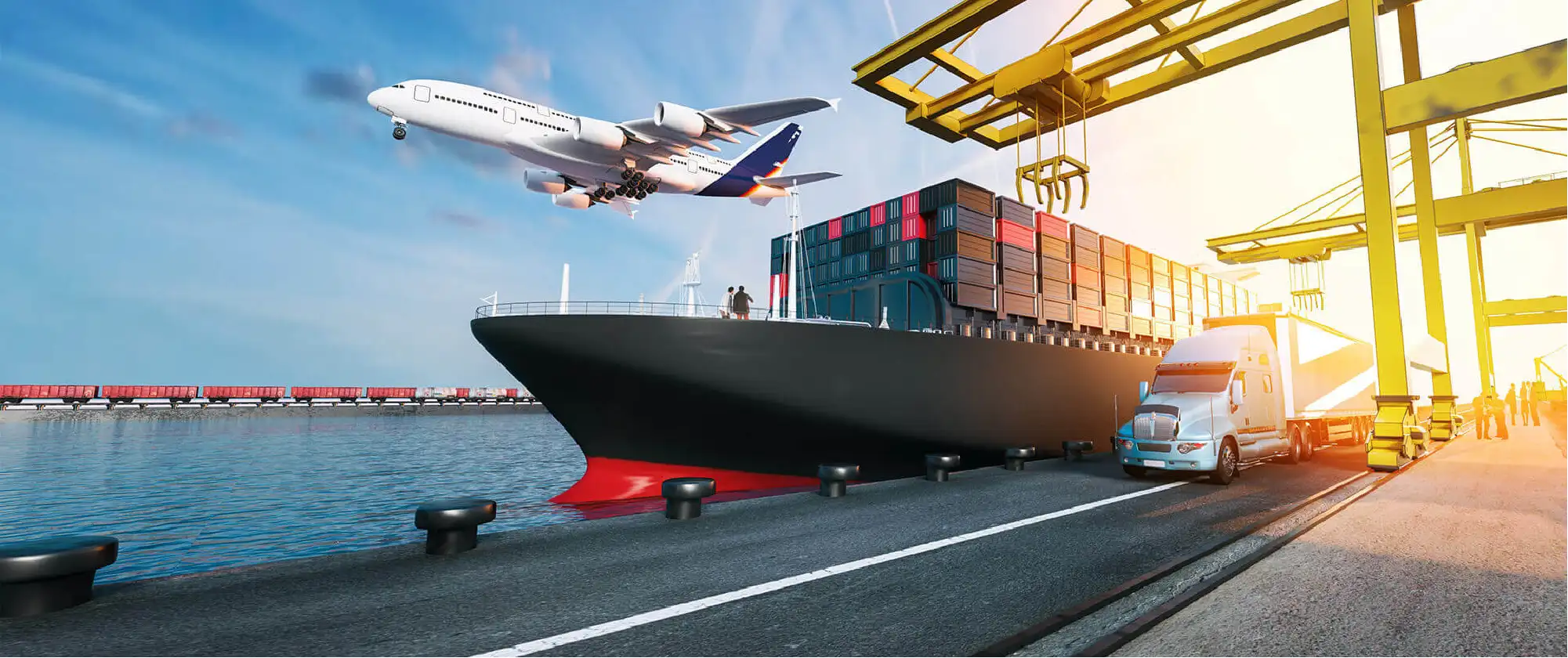The maritime industry, often overlooked but undeniably crucial, plays a pivotal role in driving economic growth worldwide. From facilitating global trade to supporting various sectors, this article explores how the maritime industry propels economies forward, creating a ripple effect that extends far beyond the shores.
- Enabling Global Trade:
The maritime industry serves as the backbone of international trade, facilitating the movement of goods across continents. With approximately 90% of global trade being carried by sea, it connects nations, businesses, and consumers, fostering economic interdependence. The efficient transportation of goods via container ships, bulk carriers, and tankers ensures a steady supply chain, allowing businesses to access global markets and consumers to enjoy a wide range of products. - Boosting Employment and Job Creation:
The maritime industry is a significant source of employment, directly and indirectly supporting millions of jobs worldwide. From seafarers and port workers to shipbuilders and logistics professionals, a diverse range of roles and skills are required to keep the industry afloat. Moreover, the industry's growth stimulates job creation in related sectors such as manufacturing, tourism, and services, further strengthening the overall economy. - Driving Innovation and Technological Advancements:
To remain competitive and address environmental concerns, the maritime industry continually embraces innovation and technological advancements. From the development of eco-friendly vessels and autonomous ships to the implementation of digital solutions for efficient port operations, these advancements enhance productivity, reduce costs, and minimize the industry's ecological footprint. Such progress not only benefits the maritime sector but also spills over into other industries, fostering technological growth and economic development. - Supporting Energy and Resource Supply Chains:
The maritime industry plays a vital role in the transportation of energy resources, including oil, liquefied natural gas (LNG), and coal. These resources are essential for powering industries, generating electricity, and meeting global energy demands. By ensuring the smooth movement of these resources, the maritime industry contributes to energy security and stability, enabling economic activities across various sectors such as manufacturing, construction, and transportation. - Promoting Regional Development and Tourism:
Coastal regions heavily rely on the maritime industry for economic development and tourism. Ports serve as gateways for trade, attracting investments and fostering regional growth. Additionally, cruise ships and recreational vessels contribute to the tourism sector, generating revenue, creating jobs, and stimulating local economies. The maritime industry's influence extends beyond the immediate coastal areas, as it supports inland transportation networks, connecting regions and promoting economic integration.
Conclusion:
The maritime industry's impact on the economy is undeniable. From facilitating global trade and boosting employment to driving innovation and supporting energy supply chains, it serves as a catalyst for economic growth. Recognizing the significance of this industry and investing in its development can unlock immense potential, leading to sustainable economic progress and prosperity on a global scale.






